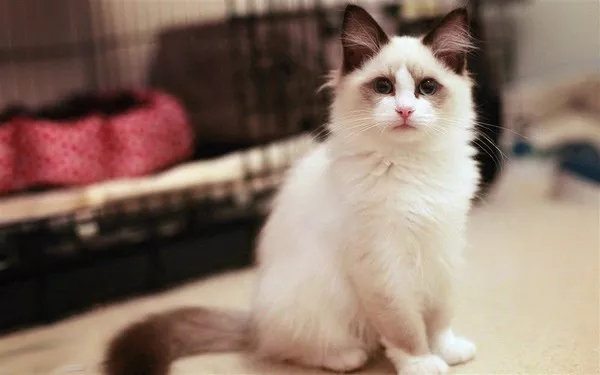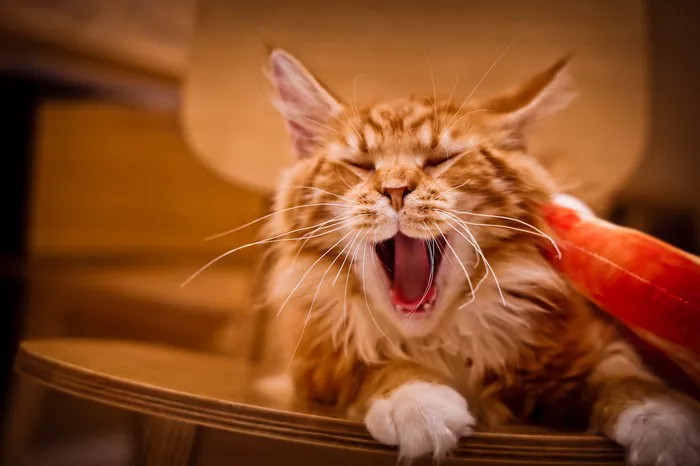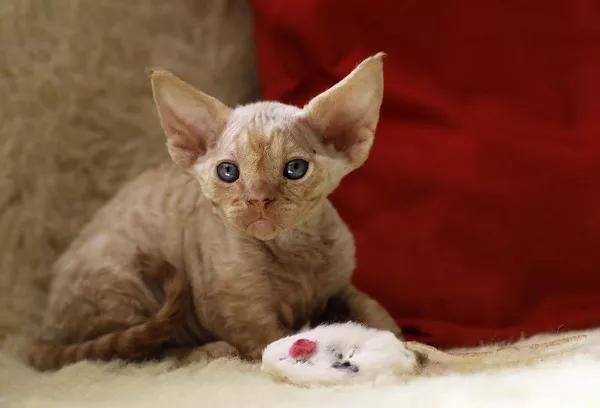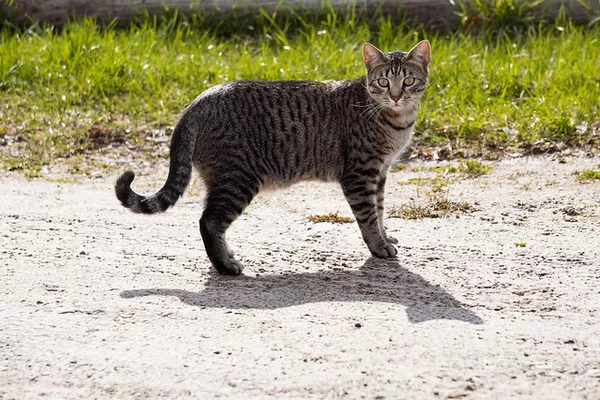As devoted companions, our feline friends deserve the best in terms of care and nutrition. Feeding your cat is a fundamental aspect of responsible pet ownership, and making informed choices about their diet can significantly impact their overall health and well-being. In this comprehensive guide, we will delve into the healthiest ways to feed your cat, considering their nutritional needs, dietary preferences, and the importance of a balanced and tailored approach to feline nutrition.
Understanding the Unique Nutritional Needs of Cats
Cats are obligate carnivores, meaning their diet primarily consists of meat. Unlike omnivores, cats have specific nutritional requirements that are essential for their optimal health. Key components of a cat’s diet include:
Protein:
Protein is a crucial building block for a cat’s body, supporting the development and maintenance of muscles, tissues, and organs. Quality animal-based protein sources, such as meat and poultry, are essential for meeting a cat’s protein needs.
Fat:
Fats are a concentrated source of energy and play a vital role in maintaining healthy skin and coat, supporting organ function, and providing essential fatty acids. Cats require specific types of fats, including omega-3 and omega-6 fatty acids, which are found in fish oil and certain animal fats.
Taurine:
Taurine is an amino acid that is indispensable for cats. Unlike dogs and humans, cats cannot produce enough taurine on their own and must obtain it from their diet. Taurine is crucial for maintaining healthy eyes, heart function, and reproductive health in cats.
Vitamins and Minerals:
Cats require a range of vitamins and minerals for various physiological functions. Key vitamins include A, D, and E, while essential minerals include calcium, phosphorus, and potassium. These nutrients contribute to bone health, immune function, and overall well-being.
The Foundation of a Healthy Cat Diet
High-Quality Commercial Cat Food:
Commercial cat food specially formulated to meet feline nutritional needs is a convenient and reliable option. Look for products with a high protein content, balanced fat levels, and added vitamins and minerals. Choose reputable brands that adhere to industry standards and consult your veterinarian for specific recommendations based on your cat’s age, health status, and lifestyle.
Wet vs. Dry Food:
Both wet and dry cat food have their advantages. Wet food can contribute to a cat’s hydration, especially if they are prone to urinary tract issues. Dry food, on the other hand, can aid dental health by promoting chewing and reducing plaque. A combination of both can offer a well-rounded diet.
Avoiding Fillers and Artificial Additives:
Opt for cat food that avoids excessive fillers, artificial colors, flavors, and preservatives. Cats thrive on nutrient-dense meals, and minimizing unnecessary additives contributes to overall health.
Home-Cooked and Raw Diets:
Some pet owners choose to prepare home-cooked or raw diets for their cats. While these options can offer more control over ingredients, it’s essential to ensure the diet is well-balanced and meets all nutritional requirements. Consultation with a veterinary nutritionist is recommended to create a safe and nutritious homemade diet.
Tailoring the Diet to Individual Needs
Consider Age and Life Stage:
Cats have different nutritional needs at various life stages. Kittens, adults, and senior cats have unique requirements for growth, maintenance, and aging. Choose cat food formulated for your pet’s specific life stage.
Weight Management:
Maintaining a healthy weight is crucial for preventing obesity-related health issues in cats. If your cat needs to lose or gain weight, work with your veterinarian to adjust their diet accordingly.
Special Diets for Health Conditions:
Cats with specific health conditions, such as kidney disease or food allergies, may require special diets. Your veterinarian can recommend therapeutic diets designed to manage or alleviate specific health issues.
Hydration:
Cats can be prone to urinary tract issues, and ensuring adequate hydration is essential. Wet cat food, water fountains, and multiple water bowls in different locations can encourage your cat to stay hydrated.
Monitoring and Adjusting
Regular Veterinary Check-ups:
Regular veterinary visits are crucial for monitoring your cat’s overall health. Your veterinarian can assess their weight, body condition, and address any concerns about their diet. They may recommend dietary adjustments based on your cat’s changing needs.
Observe Body Condition:
Regularly observe your cat’s body condition to ensure they are maintaining a healthy weight. An appropriate diet should support an ideal body condition score, where you can feel their ribs without excess fat cover.
Addressing Changes in Behavior or Health:
Changes in eating habits, litter box behavior, coat condition, or energy levels can indicate underlying health issues. If you notice any changes, consult your veterinarian promptly for an evaluation.
Conclusion
Feeding your cat in a way that prioritizes their unique nutritional needs is an essential aspect of responsible pet ownership. Whether you choose high-quality commercial cat food, opt for a home-cooked or raw diet, or require a specialized therapeutic diet, the key is to provide a balanced and well-rounded nutritional profile. Regular veterinary consultations and proactive monitoring ensure that your feline companion enjoys a life of vitality, supported by a diet that promotes optimal health and longevity.



























